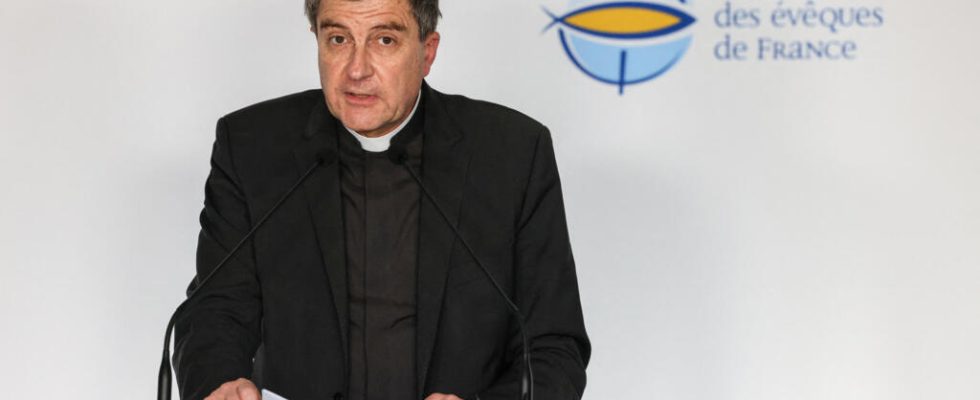The annual plenary assembly of French bishops opened in Lourdes this Tuesday March 19 with an introductory statement on another topical subject: the bill on the end of life. The government sent the text to the Council of State on Monday March 18, the first step in a long process to establish a “ help to die “. The bill is expected to be examined by Parliament in May. It was with one voice that the bishops opposed it.
2 mins
This is not the first time that officials of the Catholic Church have taken a position against this text. And it certainly won’t be the last.
Read alsoDebate on the end of life in France
In his opening speech, the president of the Conference of Bishops of France, Mgr Éric de Moulins-Beaufort, clarified that religious people did not claim to make the law, but had the duty to help their fellow citizens realize in what dynamic they could find themselves dragged in.
During a press conference, Pierre-Antoine Bozo, the bishop of Limoges, returned to this message. “ All the bishops of France are extremely worried about what this bill, if it were successful, would have consequences, in particular for the most vulnerable people who cannot fail to hear this law as a signal that highlights causes what they represent for society, that is to say a burden. So it’s a bill that breaks down an extremely important barrier for us, which is the question of respect for life. »
The bishops also call not to “ misdirect the fraternity » while in an interview ten days ago, President Macron presented this text as a “ fraternal law “.
For Catholic leaders, fraternity means supporting the end of life as best as possible rather than interrupting it.
In each diocese, they intend to continue the dialogue with local elected officials, hoping to make their voice heard in the hemicycle.
Read alsoAssisted dying, euthanasia, assisted suicide… what are we talking about?
